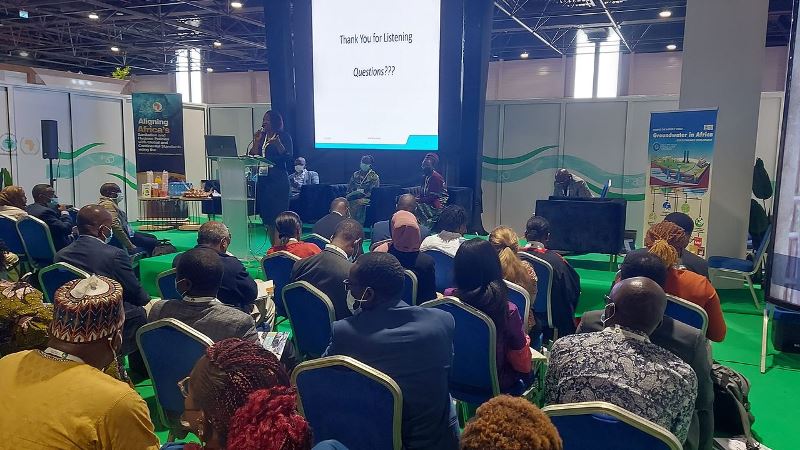WaterAid Regional Director for West Africa has disclosed that Heads of State and Water Ministers across the globe stood shoulder to shoulder in Senegal, this week, to tackle one of the biggest crises of our time, the water crisis.
“This must be a watershed moment for the millions of people whose lives are a daily struggle, or worse, cut short, because they don’t have clean water in their homes, schools or health clinics”-Abdul Nashiru Mohammed.
“As our report with the British Geological Survey revealed this week, there is enough water but people just can’t access it. In most African countries, there are sufficient groundwater reserves to tide people over for five years in the event of drought-and sometimes decades. What is lacking is the political leadership, investment and good management to get this precious resource out of the ground and to those who need it most.
“As the climate crisis and the fall-out of the COVID-19 pandemic continue to devastate lives, hitting the poorest people hardest, governments, donors and businesses must unite and pledge to at least double investment in water, sanitation and hygiene at the G7 in June, and at COP27.
WaterAid is committed to work with governments and communities to achieve a step-change in action.”
WaterAid is working to make clean water, decent toilets and good hygiene normal for everyone everywhere within a generation. The international not-for-profit organization works in 28 countries to change the lives of the poorest and most marginalized people. Since 1981, WaterAid has reached 28 million people with clean water and nearly 29 million people with decent toilets.
771 million people in the world–one in ten–do not have clean water close to home.
1.7 billion People in the world – more than one in five – do not have a decent toilet of their own.
Around 290,000 children under five die every year from diarrhea diseases caused by poor water and sanitation. That’s more than 800 children a day or one child every two minutes
Every £1 invested in water and toilets returns an average of £4 in increased productivity

